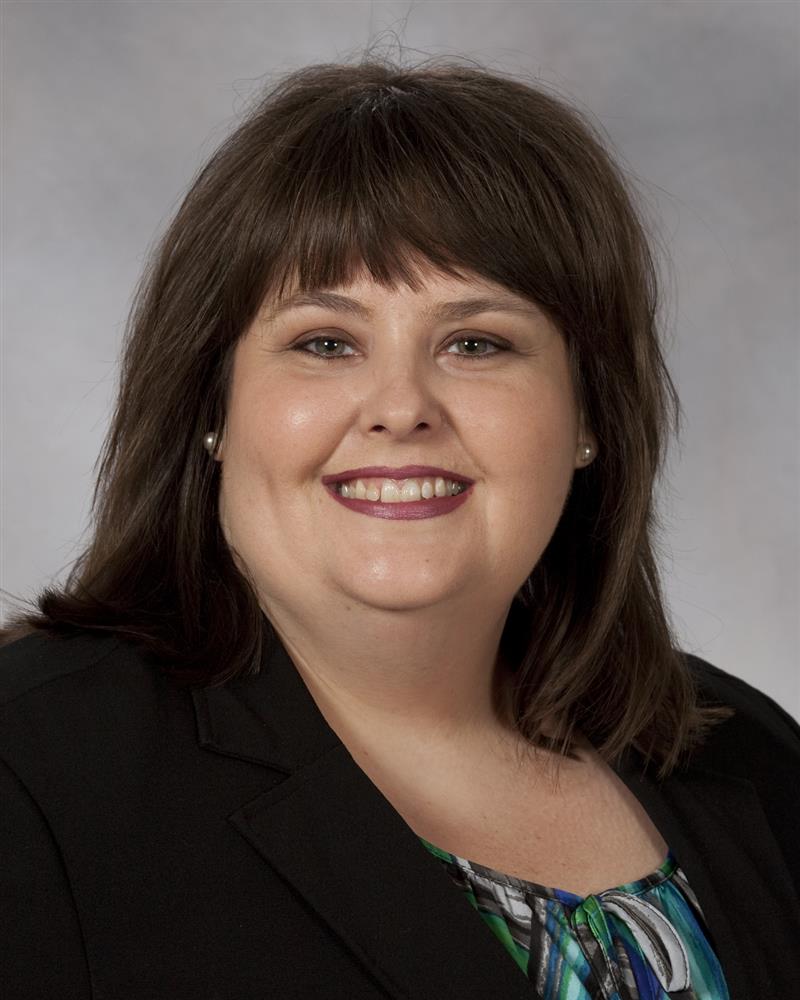Mississippi native returns home to take over rural physicians scholarship program

Her small-town upbringing is a plus in her new position as executive director of the Mississippi Rural Physicians Scholarship Program, she said.
“I realize how important it is to do something that helps Mississippi, especially rural communities,” said Sherman. “This program does that.”
Headquartered at the University of Mississippi Medical Center in Jackson, the program has tried since its debut in 2008 to relieve the state’s shortage of primary care physicians in rural areas, awarding state-funded scholarships to medical students committed to practicing there.
“Medical students with large debts are less likely to practice in small towns,” said Sherman, who earned her doctorate of education at the University of Alabama.
“With these scholarships, they avoid those debts so they can return to those communities.
“They are from those towns. So they’re already connected.”
Sherman is connected to Leake County, where she grew up, in Lena, population 148, as of the 2010 U.S. census.
During her career as an administrator in higher education, she worked at Mississippi University for Women (MUW), the University of Alabama, Mississippi State and the University of Memphis.
Before returning here to assume her new job, on Feb. 25, she worked nearly four years in Tuscaloosa, directing community service opportunities for more than 30,000 students at Alabama.
Prior to that, she held various positions at MUW, including assistant vice president for Student Services.
“You’ve got a winner,” said Homer “Bucky” Wesley, Sherman’s supervisor at MUW, where he was vice president for Student Services.
“There was no limit to the time she was willing to put into her job helping students,” said Wesley, now the vice chancellor of Student Success and Enrollment Management at the University of Colorado in Colorado Springs.
“Students are drawn to her. They can tell that she cares.”
Sherman has another thing going for her, Wesley said: “She loves Mississippi. She wanted to get back there, in part, because of her desire to make Mississippi a better place.”
Sherman is undertaking a task begun by Janie Guice of Ocean Springs, who retired on Jan. 17.
More than 50 students receive more than $1.6 million in scholarships today.
“It’s nice to take over something so well established,” Sherman said.
She has already demonstrated her passion for the job, said Dr. Diane Beebe, chair of family medicine at UMMC who also serves on the scholarship program’s board.
“She brings her experience working with college students, recruiting, managing state budgets and working with a state institution of higher learning and the legislature. We’re fortunate to have her.”
Sherman’s plans include expanding the network of pre-med advisors and linking the program to social media – Twitter, Facebook, etc.
“We need to figure out ways to let people know what the program does,” she said.
“When doctors go back to these small communities, they will be ambassadors for the program; but it takes a while to grow a doctor.”


